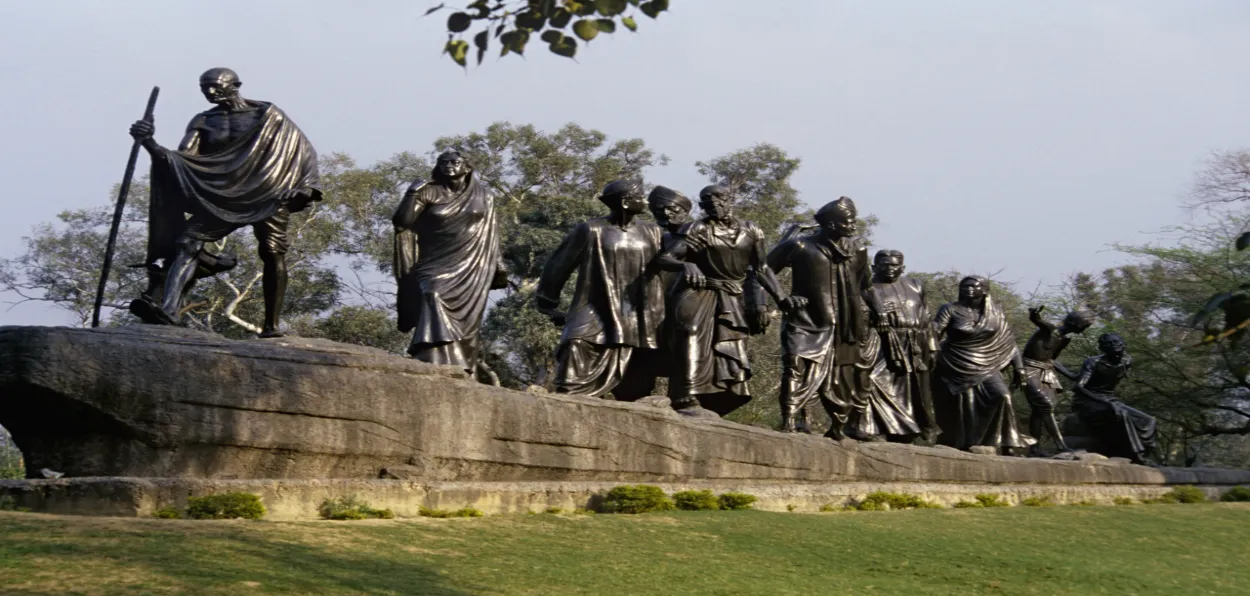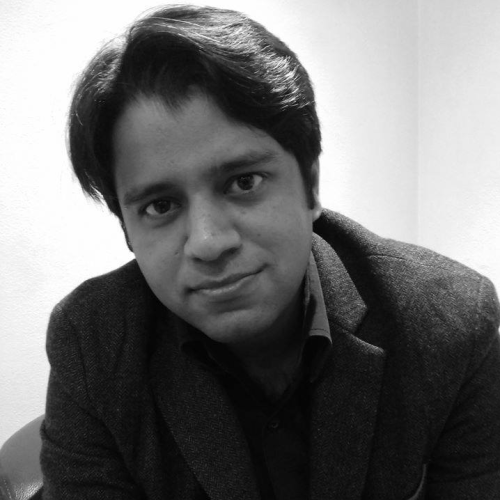
 Saquib Salim
Saquib Salim
The nation is celebrating 150 years of Vande Mataram, and people,who know the art of creating a political controversy out of nothing cannot miss the chance. In Mumbai, Samajwadi Party MLA Abu Asim Azmi has reportedly said, "Just as you cannot join me in offering Namaz, I cannot sing Vande Mataram. The Supreme Court has clarified that compelling any person to sing a national song violates their fundamental right to freedom of religion and conscience.”
The remark was in response to the Mumbai BJP President Amit Satam’s invitation to Vande Mataram at an event.
A. G. Noorani, after a similar controversy in 1973, attributed it to the “propaganda by the communal forces, among Hindus and Muslims. In an article published in the Economic and Political Weekly, he wrote, “The subject is inherently an explosive one. A national song is, by definition, one that arouses the people's emotions. 'Vande Mataram' did so for decades and still continues to do so. All the greater reason, then, why the issues in the controversy, which have been associated with the song almost since its inception, should be calmly and objectively apprised. They are issues of the utmost importance. They affected the national movement in the past, and they are relevant today in the process of nation-building.”
So what is the controversy about? Several Muslims claim that Vande Mataram is a Hindu hymn praising a mother goddess and therefore against their religious belief. For them, it is a kind of idolatry completely prohibited in their religion. Another problem often pointed out is the context of Anand Math, the novel written by Bankim Chandra Chatterjee, which depicted Muslim rulers as its antagonist. The novel had anti-Muslim overtones and made the community uncomfortable.
On the other hand, votaries of the song claim that the song, especially its first two stanzas, should be treated independently of the book in which it occurs, as well as any other religious meaning, because for decades it inspired people to sacrifice their lives for the nation. Rabindranath Tagore, who composed the song and sang it first time in public, said, “To me the spirit of tenderness and devotion expressed in its first portion, the emphasis it gave to beautiful and beneficent aspects of our motherland made a special appeal, so much so that I found no difficulty in dissociating it from the rest of the poem and from those portions of the book of which it is a part, with all the sentiments of which, brought up as I was in the monotheistic ideals of my father, I could have no sympathy.”

Poster of 150 years of Vande Mataram
The Vande Mataram controversy arose in 1937 when Mohammad Ali Jinnah questioned it. His criticisms were sporadic, but after 1937, it became a political issue. Jinnah, in a speech in 1938, said, “They (Congress) started in the Legislatures with a song of Vande Mataram, which is not only idolatrous but in its origin and substance a hymn to spread hatred for the Musalmans.”
Muslim leaders in Congress did not agree with him. Rafi Ahmad Kidwai pointed out that Jinnah had no problem with standing for it or singing it when he was a member of Congress. At times, he would be on the dias, among the party bigwigs during the proceedings. The objection, according to Kidwai, was only a subterfuge, which concealed his motives. In a press statement made in 1937, Kidwai stated, “Mr. Jinnah left the Congress, not because he thought that Vande Mataram was an anti-Islamic song but because he had found the idea of swaraj unacceptable.”
In 1937, a subcommittee was formed with Jawaharlal Nehru, Subhas Chandra Bose, Abul Kalam Azad and Narendra Deva, to look into the matter. Azad himself was one of the most respected Islamic scholars of his time. It was decided that the first two stanzas of the song were not against any community and should be sung.
Mahatma Gandhi reported the committee’s recommendation in Harijan, “While the Committee have taken note of such objection insofar as it has intrinsic value, the Committee wish to point out that the modern evolution of the use of the song as part of national life is of infinitely greater importance than its setting in a historical novel before the national movement had taken shape. Taking all things into consideration, therefore, the Committee recommend that, wherever Bande Mataram is sung at national gatherings, only the first two stanzas should be sung, with perfect freedom to the organisers to sing any other song of an unobjectionable character, in addition to, or in the place of, the Bande Mataram song.”
It must be noted that Jinnah took up the cause after the British government objected to singing Vande Mataram in legislative assemblies by Congress. Sabyasachi Bhattacharya writes, “we find Viceroy Linlithgow instructing the governor of Madras to 'try every expedient of tact and persuasion' in the governor's effort towards 'dropping the song which is undoubtedly offensive to Muslim sentiment'.”
In Bengal, Rezaul Karim wrote in support of Vande Mataram. Syed Mahmud in the Bihar Assembly supported the song. It must not be missed that Maulana Abul Kalam Azad was not alone, and every Muslim Congress leader paid respect to the song, including Dr M. A. Ansari, Hakim Ajmal Khan, Shaukat Ali, Mohammad or even Mohammad Ali Jinnah.
The attitude of Muslims towards Vande Mataram during the Khilafat Movement can be summed up by a report where Mahatma Gandhi wrote about Shaukat Ali’s appeal to the people. He wrote, “Despite the Hindu-Muslim unity, he (Shaukat Ali) had observed that Hindus shouted'Bande Mataram' the Muslims rang out with 'Allaho Akbar', and vice versa. This, he rightly said, jarred on the ear and still showed that the people did not act with one mind. There should therefore be only three cries recognised: 'Allaho Akbar', to be joyously sung out by Hindus and Muslims, showing that God alone was great and no other; the second should be 'Bande Mataram' (Hail Motherland) or 'Bharat Mata ki jai (Victory Mother Hind). The third should be 'Hindu-Musalman ki jai', without which there was no victory for India and no true demonstration of the greatness of God. I do wish that the newspapers and public men would take up the Maulana's suggestion and lead the people only to use the three cries.”
ALSO READ: Was Sardar Patel biased against Muslims?
What we need is mutual understanding and respect. Certain people trying to force slogans as a test of loyalty won’t help the nation, but a respectful communication with confidence will take us on the path envisaged by Mahatma Gandhi.
